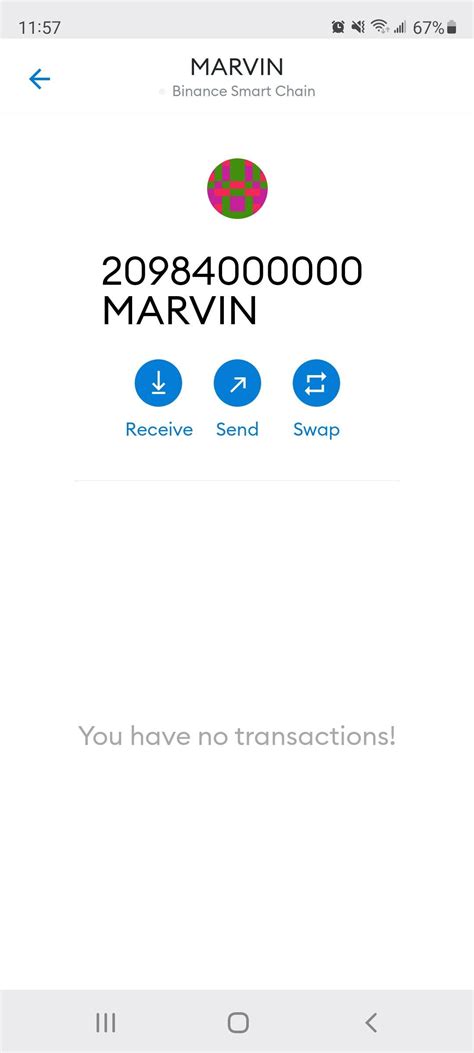Metamask: Internal Error JSON-RPC for State Variables
Like the ethers.js user who works to implement a vyper contract at Avalanche Fuji Testnet using svele, you are probable facing problems with access to certain state variables through your metamask wallet. In this article, we will delve into why you can recyive an internal json-rpc error by calling a state variable or your contract, but it is no other very similar variable.
Understanding JSON-RPC and ETHERS.JS
Before We Dive Deeper, Let’s Quickly Review the Basics:
* JSON-RPC

: A Standardized Protocol for Communication between US on a blockchain Network. Allows Safe and Efficient Data Transfer.
* ETHERS.JS : A Popular JavaScript Library to Interact with Ethereum Networks Using Web3 or Truffle.
The Problem: Internal Error JSON-RPC
When you call a state variable of your contract to the metamask wallet, you should be internal json-rpc error if the variable is not accessible. However, in some cases, this error may occur when accessing similar variables in other contracts within the same test.
Here is an Example of how this can manifest:
Suppose you have a vyper User 'contract that defines two state variables: User nameandemail. You want to call these variables from your slender application using ethers.js in metamask:
Javascript
Import {Eetres} or ‘Eetres’;
Constat Contract Aaddress = ‘0x …’;
Contt contractabi = […]; // Your Vyper Abbi Contract
// Create A Connection With The Contract On Testnet
Asynchronous Function ConnectTocontract () {
Consta provider = new ethers.providers.web3 provider (Window.etherum);
Return Awaits provider.connect (contracteddress);
}
// Call the First State Variable of the Contract
Gethutierinfo () {
Connection = Awaits ConnectTocontract ();
to try {
Const user = Awaits Connection.get accounts () [0];
console.log (user.username); // This should work well
} Catch (Error) {
If (Entrance error instance.erroor) {
Spear Error; // Internal Error JSON-RPC
}
}
}
// Call the Second State Variable of the Contract
Getprofilinfo () {
Connection = Awaits ConnectTocontract ();
to try {
Const user = Awaits Connection.get accounts () [0];
console.log (user.mail); // This should also work well
} Catch (Error) {
If (Entrance error instance.erroor) {
Spear Error; // Internal Error JSON-RPC
}
}
}
`
As you can see, the gethuserinfo () function successful calls the two state variables. However, when using getprofilinfo (), there is an internal error of json-rpc:
`Javascript
// This should not work well
Getprofilinfo () {
Connection = Awaits ConnectTocontract ();
to try {
Const user = Awaits Connection.get accounts () [0];
console.log (user.mail); // Internal Error JSON-RPC
} Catch (Error) {
If (Entrance error instance.erroor) {
Spear Error; // Internal Error JSON-RPC
}
}
}
`
Why the Difference?
The Question is in the way ethhers.js deals with access to state variables in contracts. When you call a state variable of your contract, it tries to recover the value use the contrallerabi and calls the corresponding function in the provider.
However, by Accessing Similar State Variables in Other Contracts in the Same Test, the Get accounts () Method () Returns an Empty Matrix for Each New Connection. This is because the Network has not yet established a connection totally with the previous contract account.
To Correct This Problem, You Can Use The Following Alternative Solutions:
- use theconnect
function of ethers.js: Instead of Calling Get accounts () [0], Try to useConnect (). (‘Connected’, (account) => {}) `. This will connect to a new node and configure an event listener for when connected.
2.
 VN
VN